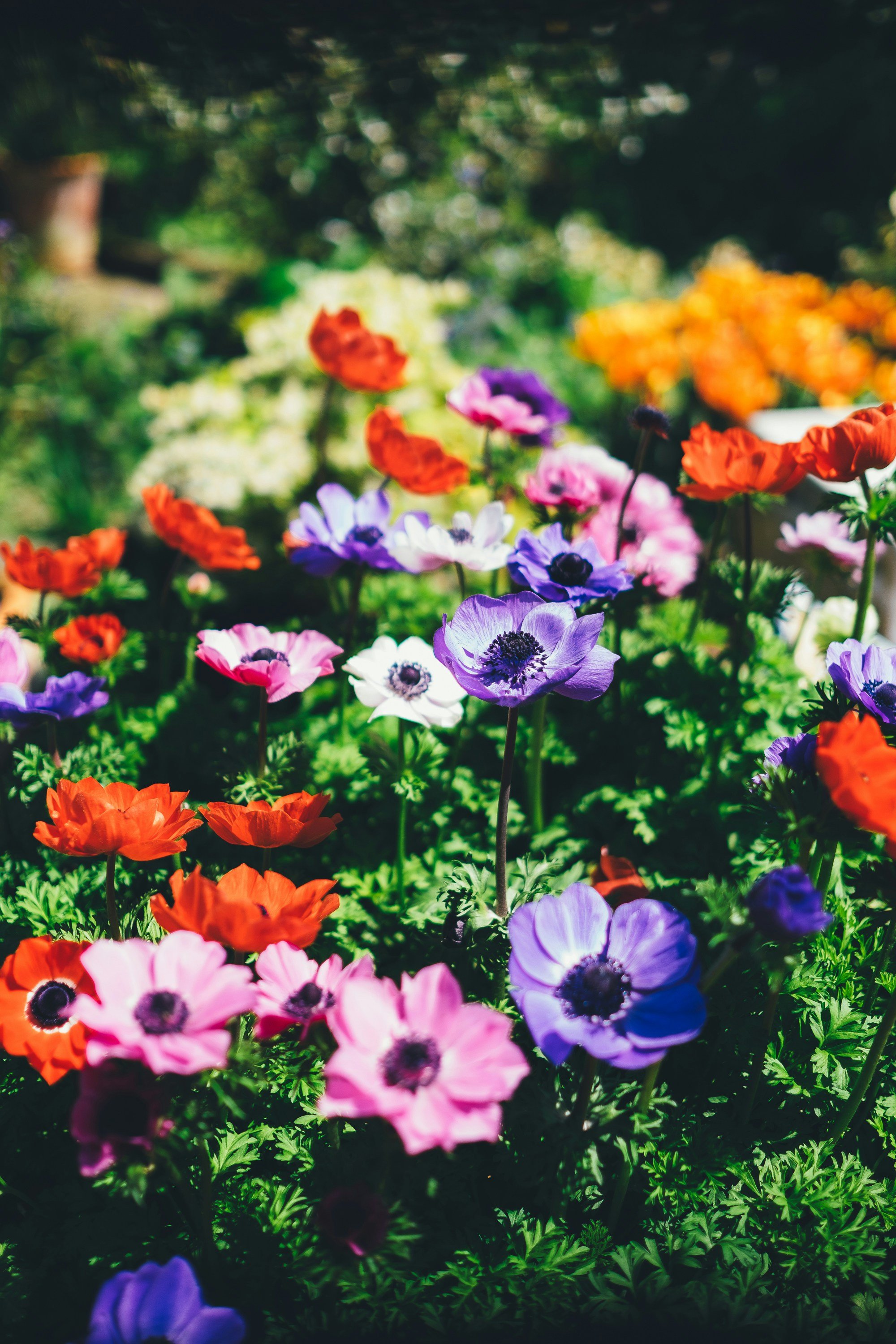
Nature’s Orchestra: The Unseen Symphony
Dive deep into the roots of healing, with every leaf a note in nature’s healing melody.
Welcome to our garden of earthly delights, where the plants don’t just grow; they tell tales. From the whispering pines to the wise old mushrooms, these medicinal remedies, each has a story, and a spark of magic. Here’s a taste of our garden:
Plants and Their Medicinal Properties:
Rose: Medicinal benefits include soothing sore throats, antiseptic properties, treating infections, and more.
Scotch Pine (Pom Pom): Medicinal benefits include relief for arthritis, bronchitis, colds, and muscle aches.
Daisy: Medicinal benefits include treating coughs, bronchitis, chest congestion, and more.
Red Maple (Japanese Maple): Medicinal benefits include possessing astringent properties and improving liver function.
Sedum (Stonecrop): Medicinal benefits include antiepileptic properties and relieving soreness.
Gardenia: Medicinal benefits include cooling blood and eliminating stasis.
Russian Sage: Medicinal benefits include anti-inflammatory, antibacterial, and sedative properties.
Forsythia: Medicinal benefits include treating fevers, diarrhea, sore throat, and more.
Hibiscus: Medicinal benefits include promoting healthy hair growth and supporting kidney function.
Bee Balm (Monarda didyma): Medicinal benefits include antimicrobial properties and soothing effects.
Red Twig Dogwood: Medicinal benefits include pain relief and treating eye conditions.
Weeping Cherry Tree (Kwanzan Cherry): Medicinal benefits include pain relief and insomnia relief.
Ninebark (Summer Wine, physocarpus opulifolius): Medicinal benefits include digestive and reproductive support.
Lilac: Medicinal benefits include toning skin and promoting blood flow.
Weeping Norway Spruce: Medicinal benefits include soothing dry coughs and possessing antibacterial properties.
Hydrangea: Medicinal benefits include diuretic and cathartic properties.
Juniper: Medicinal benefits include treating inflammation, respiratory ailments, and more.
Dappled Willow (Salix Integra): Medicinal benefits include headache relief and soothing skin ailments.
Hostas: Medicinal benefits include treating skin conditions and reducing inflammation.
Phlox: Medicinal benefits include dermatological and gastrointestinal support.
Coral Bells (Heuchera): Medicinal benefits include anti-inflammatory properties.
Alchemy awaits in our DIY tincture guide, pop into our office to find out how you can combine, create, and carry the essence of the UNIFY wherever you roam.
Understanding the flora in our gardens is essential, especially when it comes to foraging for edible or medicinal plants. Not only does it deepen our appreciation for nature's bounty, but it also ensures our safety and contributes to the sustainability of our ecosystem.
In today's digital age, identifying plants has become more accessible than ever. Guests can simply use their smartphones to snap photos of unfamiliar plants and utilize plant identification apps or online resources. Our knowledgeable staff are also available to provide guidance and share insights into the diverse offerings of our garden.
However, it's crucial to exercise caution when foraging, as misidentification can lead to harmful consequences. We strongly encourage guests to follow safety guidelines, such as cross-referencing multiple sources for plant identification, being wary of look-alike species, and consulting with experts if uncertain. By prioritizing safety and education, we can foster a deeper connection with nature while minimizing risks and promoting sustainability in our environment.
Here are some tincture recipes that you can make combining multiple medicinal plants from our current UNIFY Garden offerings:
Immune Boosting Tincture:
Ingredients: Rose petals, daisy flowers, red maple bark, juniper berries, high-proof alcohol
Instructions: Combine equal parts of rose petals, daisy flowers, red maple bark, and juniper berries in a glass jar. Cover the herbs with alcohol, ensuring they are fully submerged. Seal the jar and store it in a cool, dark place for 4-6 weeks, shaking daily. Strain the mixture and transfer the liquid to amber glass dropper bottles. Label and store the tincture for immune support.
Respiratory Support Tincture:
Ingredients: Scotch pine needles, gardenia flowers, red twig dogwood bark, weeping cherry bark, high-proof alcohol
Instructions: Combine equal parts of scotch pine needles, gardenia flowers, red twig dogwood bark, and weeping cherry bark in a glass jar. Cover the herbs with alcohol, ensuring they are fully submerged. Seal the jar and store it in a cool, dark place for 4-6 weeks, shaking daily. Strain the mixture and transfer the liquid to amber glass dropper bottles. Label and store the tincture for respiratory health.
Digestive Ease Tincture:
Ingredients: Bee balm leaves, forsythia flowers, hibiscus flowers, hosta leaves, high-proof alcohol
Instructions: Combine equal parts of bee balm leaves, forsythia flowers, hibiscus flowers, and hosta leaves in a glass jar. Cover the herbs with alcohol, ensuring they are fully submerged. Seal the jar and store it in a cool, dark place for 4-6 weeks, shaking daily. Strain the mixture and transfer the liquid to amber glass dropper bottles. Label and store the tincture for digestive support.
Pain Relief Tincture:
Ingredients: Red maple bark, sedum leaves, weeping Norway spruce needles, coral bells leaves, high-proof alcohol
Instructions: Combine equal parts of red maple bark, sedum leaves, weeping Norway spruce needles, and coral bells leaves in a glass jar. Cover the herbs with alcohol, ensuring they are fully submerged. Seal the jar and store it in a cool, dark place for 4-6 weeks, shaking daily. Strain the mixture and transfer the liquid to amber glass dropper bottles. Label and store the tincture for pain relief.
Stress Relief Tincture:
Ingredients: Russian sage leaves, dappled willow bark, phlox flowers, hydrangea leaves, high-proof alcohol
Instructions: Combine equal parts of Russian sage leaves, dappled willow bark, phlox flowers, and hydrangea leaves in a glass jar. Cover the herbs with alcohol, ensuring they are fully submerged. Seal the jar and store it in a cool, dark place for 4-6 weeks, shaking daily. Strain the mixture and transfer the liquid to amber glass dropper bottles. Label and store the tincture for stress relief.
These tinctures can be used as natural remedies, but it's essential to consult with a healthcare professional before using them, especially if you have any underlying medical conditions or are pregnant or nursing.
